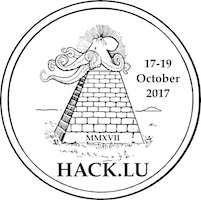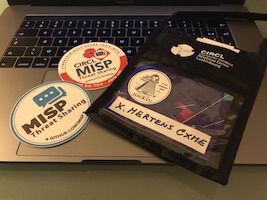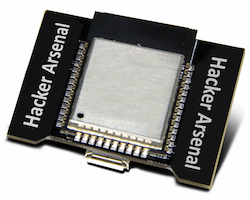As said yesterday, the second day started very (too?) early… The winner of the first slot was Aaron Zauner who talked about pseudo-random numbers generators. The complete title of the talk was “Because ‘User Random’ isn’t everything: a deep dive into CSPRGNs in Operating Systems & Programming Languagesâ€. He started





